If you're undertaking a retail or other commercial construction project, it's important to understand the…
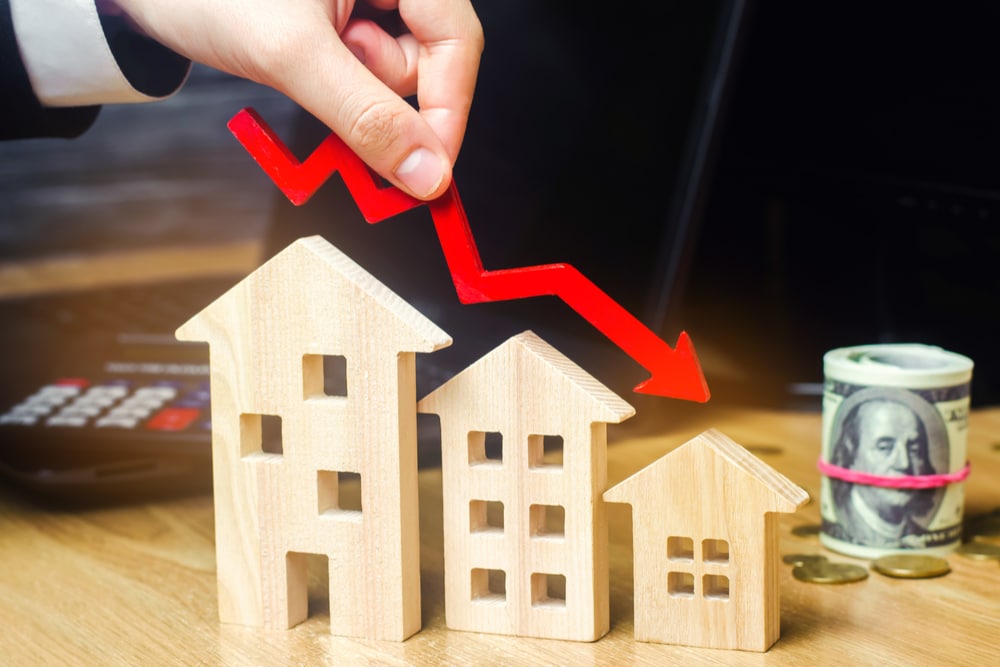
12 Factors Affecting Commercial Property Value
Real estate consistently tops financial experts’ lists of the best and most important investments a person can make in their life. Since the end of the Great Recession more than a decade ago, the price of real estate has recovered and gone up.
If you’ve invested in a commercial real estate property to sell it at a later point, it’s crucial that you pay attention to several factors that could affect the value of your property.
By identifying these key factors, you can make improvements and raise the value of your property or prepare for the price that your property could realistically fetch on the commercial real estate market. The following factors can affect your real estate investments in both positive and negative ways.
- State of the Economy
- Location
- Size
- Curb Appeal
- Problems and Repairs
- Age and Condition
- Renovation Potential
- Interest Rates
- Supply and Demand
- Money Supply and Borrowing Costs
- Number of Investors and Speculators in the Market
- Building Material and Labor Costs
State of the Economy
The first important factor to consider when selling your investment property is the state of the economy and the property market. Sometimes, the economy is more favorable to buyers, and sometimes, it is more favorable to sellers. Unfortunately, this is entirely out of your control. It could be worth your while to wait and sell your property at a better time.
There are several considerations when evaluating the state of the economy, such as gross domestic product (GDP), employment rate, and inflation rate, so it may require you to partake in some hard-nosed studying to determine the favorability of the real estate market. Of course, an excellent real estate agent can help educate you on the state of the economy.
Location
It should go without saying that your property’s location is one of the most critical factors contributing to its market value. Different aspects of the neighborhood or area where your property is located can add or detract from what potential buyers are willing to offer. Your proximity to particular objects, such as power lines and train tracks, could devalue your property.
Also, how’s the crime rate in your area? The presence of sketchy clubs and establishments can also devalue your property. Unpleasant neighbors or those who don’t have clean yards can be a turn-off to potential buyers, prompting them to put in an offer that’s lower than fair market value.
Size
The fair market value of a property is often determined by its size. Buildings are measured in square feet, and to determine the price of the property, you have to take the selling price and divide it by the square footage.
A 1,500 square foot house, for example, that is valued at $150,000 would, therefore, be worth $100 per square foot. Needless to say, the larger your property, the more money you will be able to get from selling it.
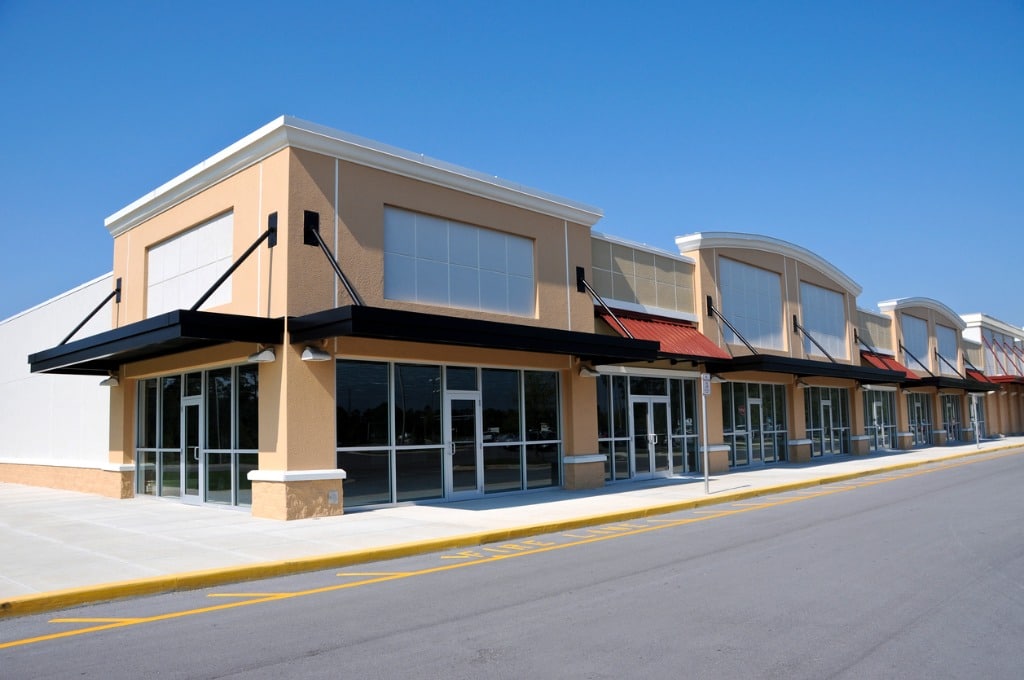 Curb Appeal
Curb Appeal
In case you aren’t aware, curb appeal—the attractiveness of your property as viewed from the outside—is one of the most significant factors that can affect your real estate’s value. If you have peeling paint, overgrown foliage, cracked concrete, or any combination of these things, your property’s value can decrease significantly.
The need for beautification and repairs to make their building more visually appealing often turns people away from buying a property, as it could cost them a lot of money to remedy these issues. To compensate, they may put in a lower offer than they were initially willing to pay, so that they have funds leftover for repairs.
While you could take a DIY approach to some of these repairs, landscaping and concrete replacement are best left to professionals. This way, you can ensure that the work done on your property is worth your investment and will increase its value.
Problems and Repairs
Leaky roofs, clogged or busted plumbing, and damaged HVAC systems are some of the most common problems in commercial properties. If these issues still exist when you list your property, they may be a point of contention. Like your unattractive curb appeal and parking lot, these repairs can drive away interested buyers.
They will surely consider the amount of work they need to do to make the property livable, as well as the cost of repairs. Most of the time, they’d rather not bother since the repairs will cost them a great deal of money, time, and effort.
Before listing your property, make sure to enlist professionals for important repairs, especially if you can’t confidently do them yourself. Shoddy DIY repairs will be prominent and could turn potential buyers away. While you’re at it, you might want to update some aspects of your building, such as the paint or the floors.
Age and Condition
When buying or selling a property, its age and overall condition are important factors. People are less hesitant to buy a building that is brand new compared to a building that is twenty years old.
Older buildings often come with problems, such as appliances that are past their life expectancies (air conditioner, furnace/boiler, water heater), foundational issues, and out-of-date construction. Selling a building that was built before 1978 can be difficult, as the paint is more likely to be lead-based. This can cause health issues, and buyers tend to avoid it.
Renovation Potential
Many buyers look for the potential of renovations when considering a property. People appreciate the ability to add extra rooms, patios, bathrooms, office space, and other amenities.
As businesses grow larger, they may want to increase the size of their space without buying an entirely new building. Factors that prevent renovations, such as the size of the land, could deter them from purchasing your property. On the contrary, if there is an allowance for the buyer to improve the property, this could raise your property’s value.
Interest Rates
Interest rates for real estate loans fluctuate, and this is a huge factor to consider when putting your property up for sale. If the Reserve Bank decides to increase interest rates for loans, mortgage lenders will likely follow suit.
Higher interest rates raise monthly mortgage payments, which can be a turn-off for some. Likewise, if interest rates are lower, then potential buyers may be more willing to purchase a more expensive property.
Supply and Demand
Supply and demand influence several aspects of our economy, and the real estate market is no exception. If there is an influx of buyers but not enough buildings to go around, then prices will increase.
Supply problems can be solved by building new properties and splitting large properties into smaller units. Likewise, a large supply of buildings and fewer buyers causes prices to plunge.
Money Supply
The majority of property purchases utilize mortgages. Most people do not have hundreds of thousands of dollars available to purchase a building outright. Thus, banks have to lend buyers the money needed to purchase a property.
However, there is only so much money present in the real estate market. The more money that is available in the economy, the more likely it is that banks will loan out that money to buyers. If the supply of money is lower, then it could be more difficult for people to acquire mortgages. By extension, it could be more difficult for you to sell your property.
Number of Investors and Speculators in the Market
The number of investors and speculators in the property market fluctuates over time. They are often present due to perceived threats to the market. These threats include changes to property taxes and government regulations regarding real estate loans. As a general rule of thumb, the presence of more investors and speculators will increase your property’s value and vice versa.
Building Material and Labor Costs
As the prices of building materials, like steel, increase, so to do construction costs. The same can be said for labor costs. If there is a shortage of manpower and resources, their prices will go up, meaning it is more expensive for people to perform construction on properties. Thus, the resale price of those properties will increase to make up for the increased construction costs.
Concrete Services from K&E Flatwork
As you can see, there are several factors that can influence the value of your property, some of which you were probably unaware of before. If you are looking to sell your investment property or office building, it is important that your curb appeal is up to snuff. Cracked or shoddy driveways and sidewalks can turn people away from your property.
K&E Flatwork can help you solve this issue. We are Kansas City’s most trusted concrete repair and replacement company for all types of properties, and we will make sure your concrete is in top shape. Reach out to us today if you want your curb appeal to reach its full potential.

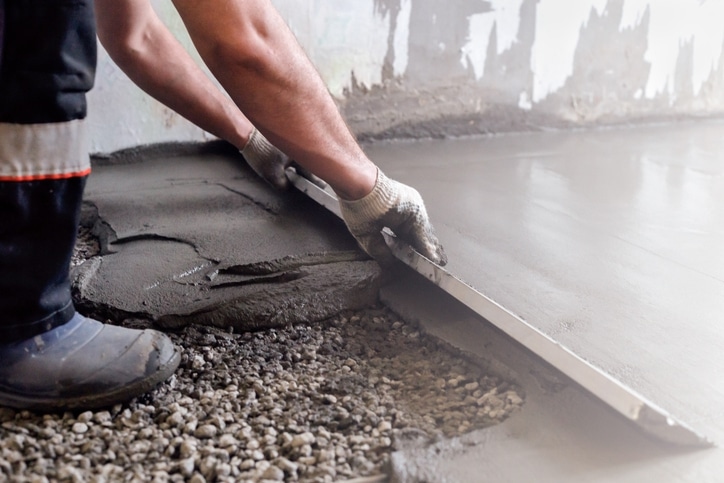
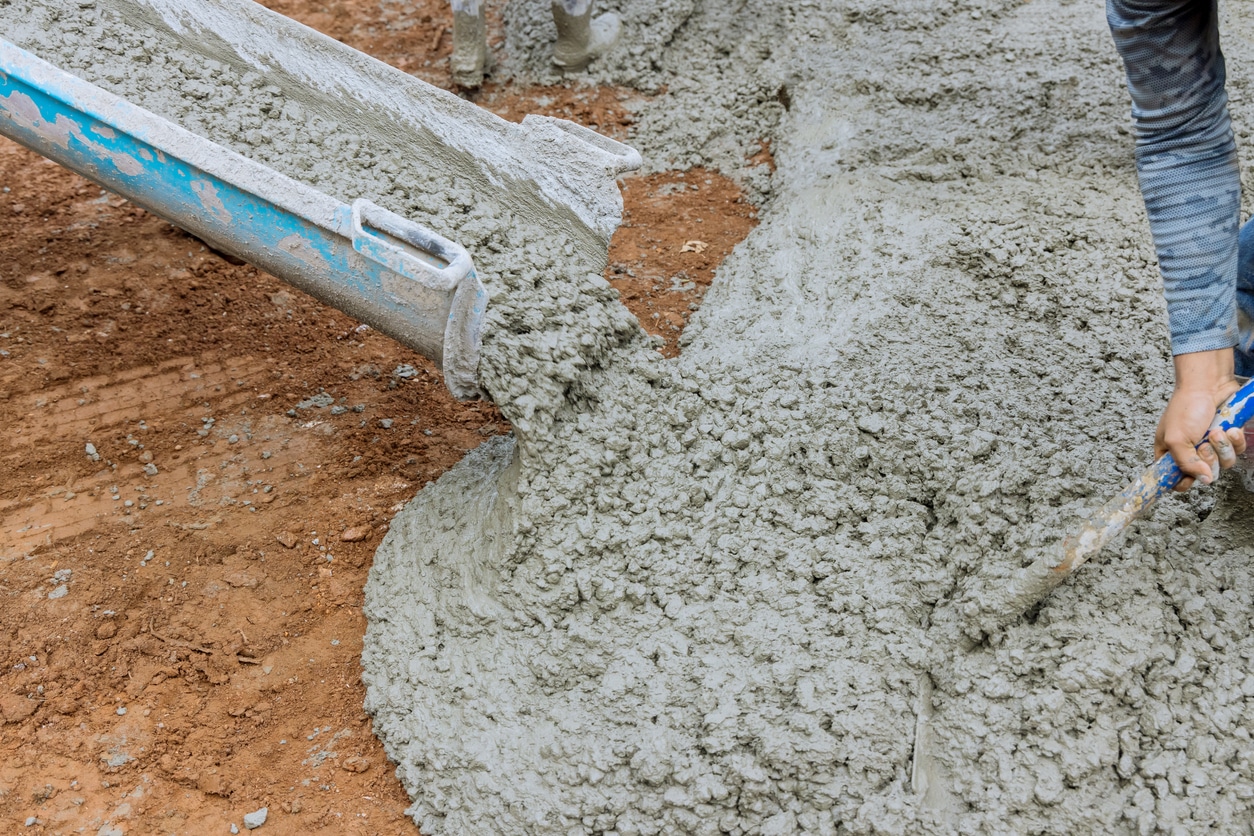
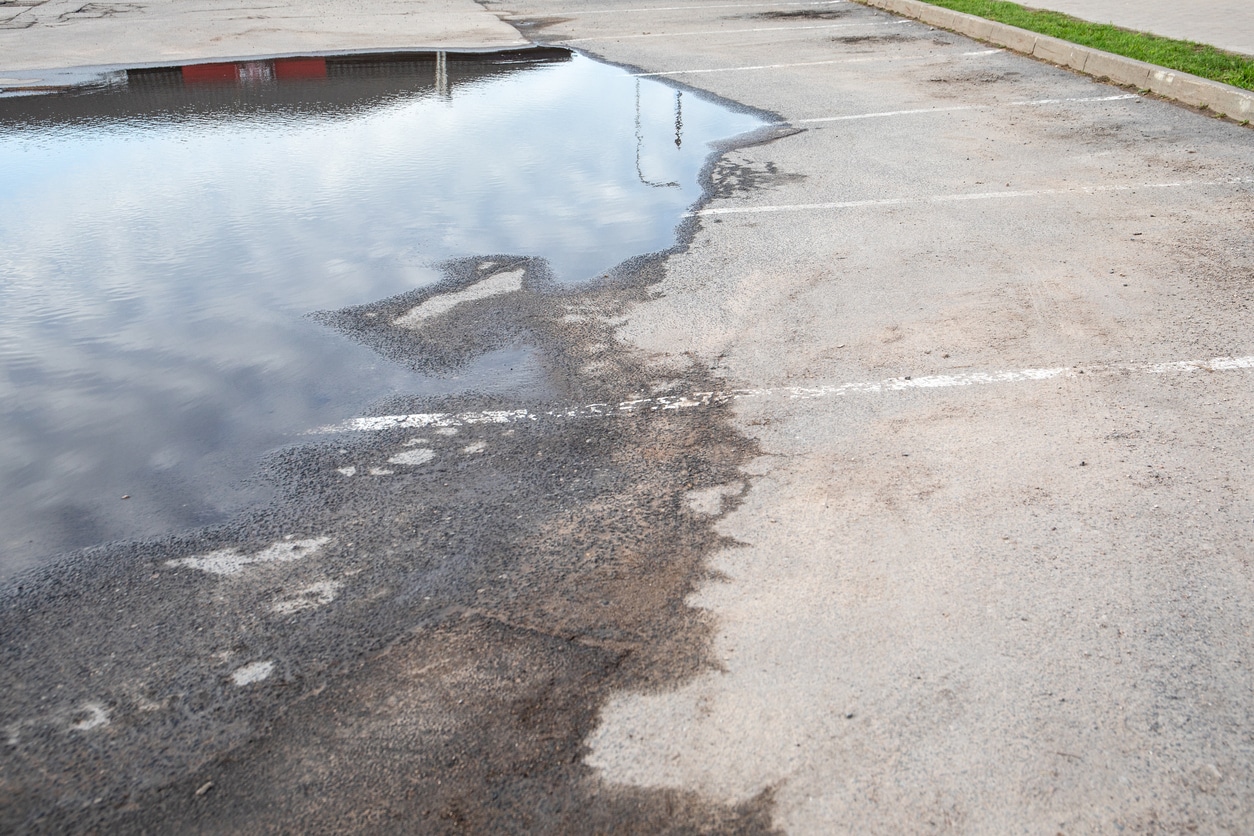
This Post Has 0 Comments